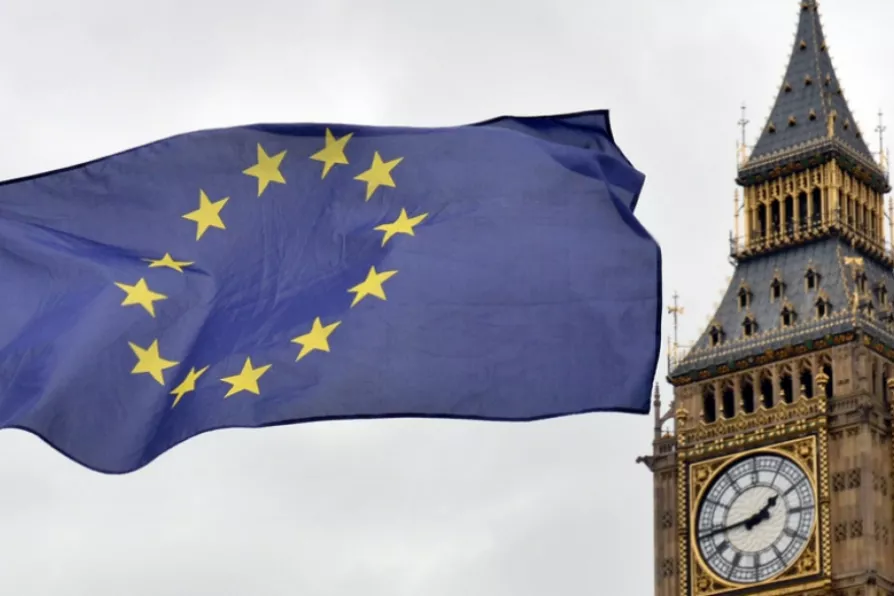Data on regional deprivation in England shows us an unequal society, but what to do about it remains unanswered argue ROX MIDDLETON, LIAM SHAW and MIRIAM GAUNTLETT


ARE attitudes to the EU changing among Europe’s parties of the left? On the basis of last week’s meeting in Lisbon the answer is a qualified Yes.
There is now a much fuller rejection of the EU as a neoliberal, pro-competition and anti-working class institution — not by all on the left but certainly marking significant change.
Organised by the Portuguese Communist Party under the auspices of the European United Left/Nordic Green Left parliamentary grouping, delegates attended from Portugal, Spain, Cyprus, Belgium, Britain and Sinn Fein from Ireland.
The position of most delegates was that project to reform the European Union, to create a “social Europe,” had definitively failed.
This assessment was embedded in the meeting’s title, “No to a European Union of transnational companies and big powers — Yes to a Europe of co-operation, social progress and peace.”

The independent TD’s campaign has put important issues like Irish reunification and military neutrality at the heart of the political conversation, argues SEAN MacBRADAIGH

Starmer sabotaged Labour with his second referendum campaign, mobilising a liberal backlash that sincerely felt progressive ideals were at stake — but the EU was then and is now an entity Britain should have nothing to do with, explains NICK WRIGHT

As Starmer flies to Albania seeking deportation camps while praising Giorgia Meloni, KEVIN OVENDEN warns that without massive campaigns rejecting this new overt government xenophobia, Britain faces a soaring hard right and emboldened fascist thugs on the streets

The left must avoid shouting ‘racist’ and explain that the socialist alternative would benefit all










